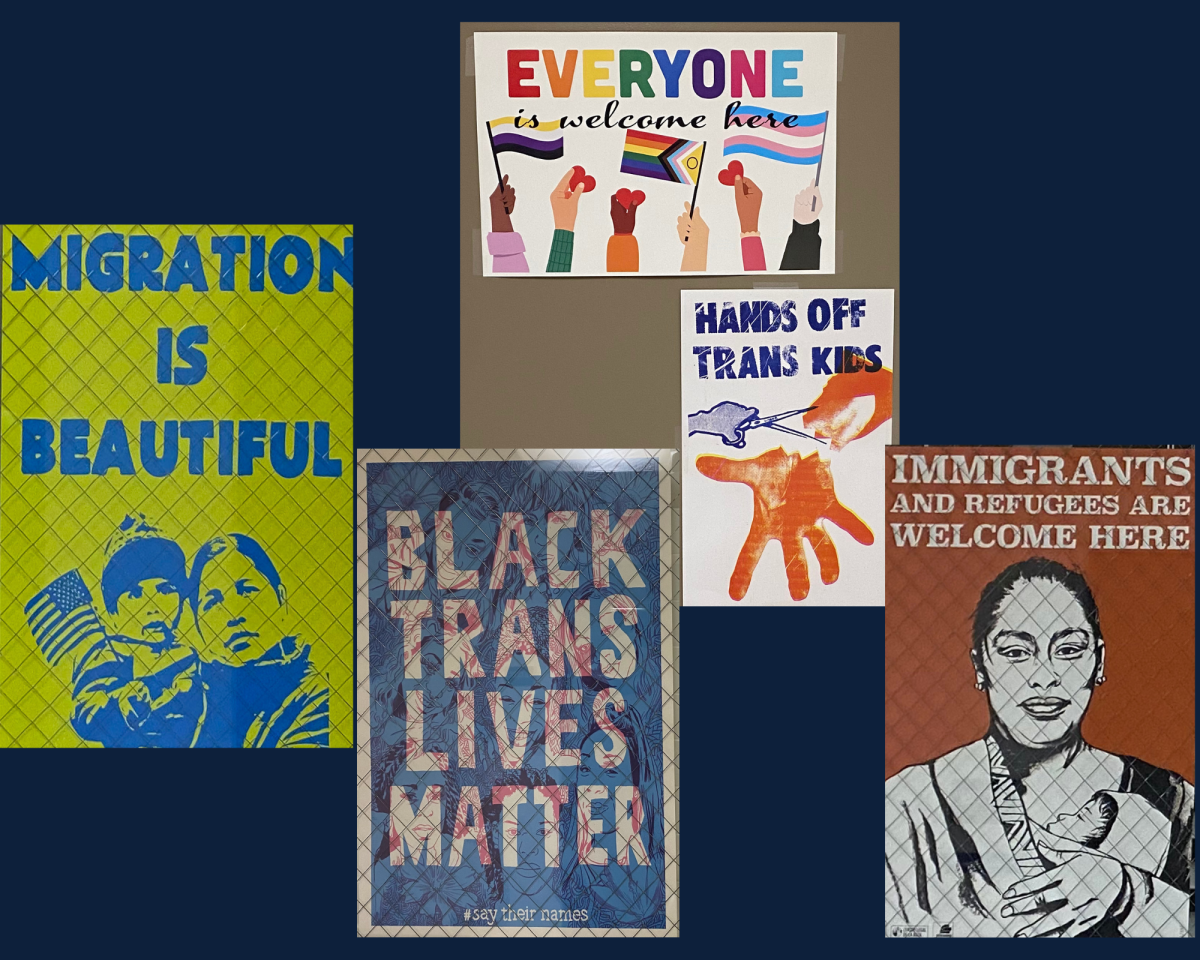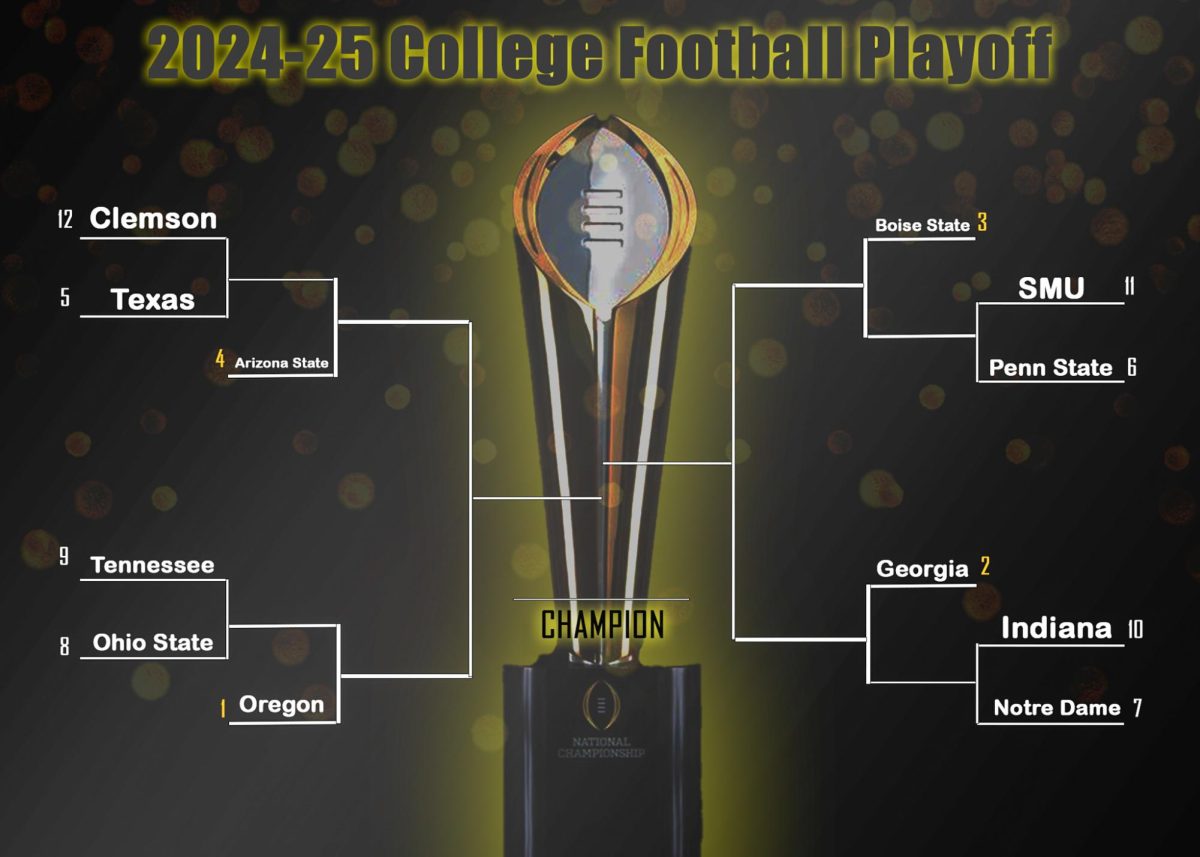Restricting free speech isn’t just an issue of the past
If you feel that, as a student, or a youth, you have no rights, it was worse before 1969.
In September of 1965, the Tinker family, in keeping with a nationwide movement, donned black armbands to protest the Vietnam War. Not only did the parents do this, but so did the children, who then went to school.
Mary Beth Tinker, the then 13-year-old daughter of the family, was called into the principal’s office, and was told to take the armband off. The family sued the school board of Des Moines, taking the case to the Supreme Court, which published the momentous opinion in 1967 that it cannot be argued “that either students or teachers shed their constitutional rights to freedom of speech or expression at the schoolhouse gate.”
Tinker v. Des Moines gave students the right they already had. Since that case, the rights of students have been crumbling from beneath them.
Hazelwood v. Kuhlmeier (1988) held that schools could restrict the free speech rights of school-sponsored publications. This means that if The Current were to plan to publish a story critical of the school administration, under the Hazelwood v. Kuhlmeier decision, the administration could withdraw that story, or even tell The Current they could not print that edition, or anymore at all. This cannot protect against the story coming out at all, but it would require alternative—non-school sponsored—routes to be sought.
Morse v. Frederick (2007)— perhaps better known as the BONG HiTS 4 JESUS case—saw the Supreme Court hold that a school could stifle free speech if said speech promoted illegal drug use. The suit was filed by a student who stood off school grounds to watch the Olympic torch pass by, holding a banner reading “BONG HiTS 4 JESUS,” which the student said he took from a snowboard sticker, thinking it was amusing.
On that day, the school had permitted faculty and students to leave class to watch the torch. Frederick—being late for school—decided to just meet up with friends on the sidewalk across the street. The school confiscated the banner, and Frederick sued for infringement of first amendment rights.
The founding fathers gave all citizens of their great experiment the freedom to speak and express themselves as they saw fit. This right extends to the press, to religion, and to peaceably assemble. But throughout the years, the government has been steadily restricting these rights.







